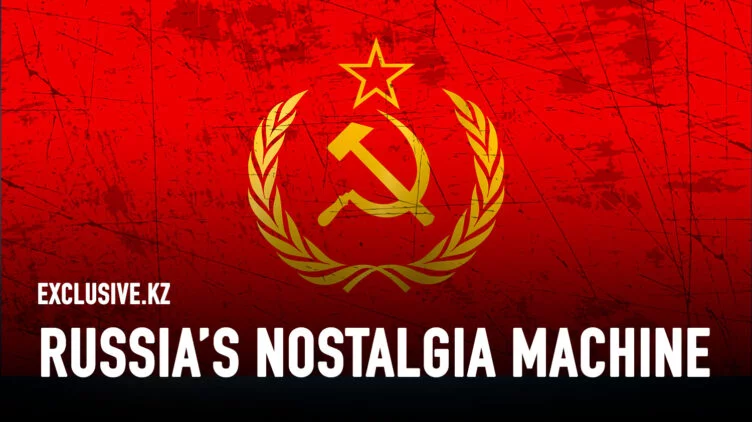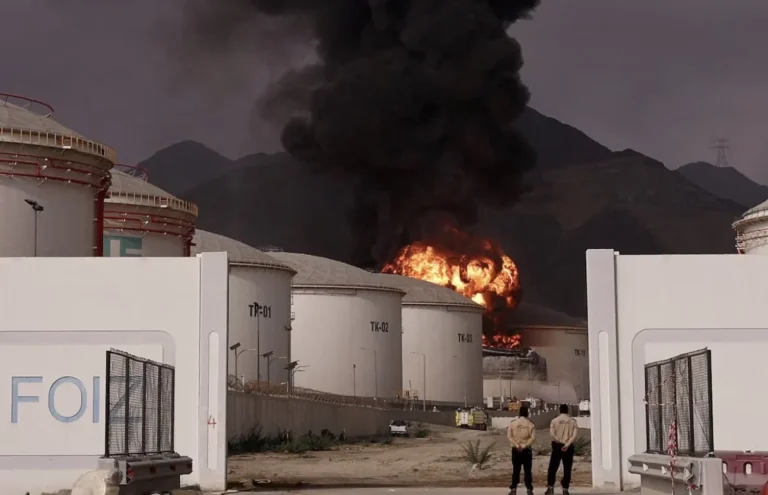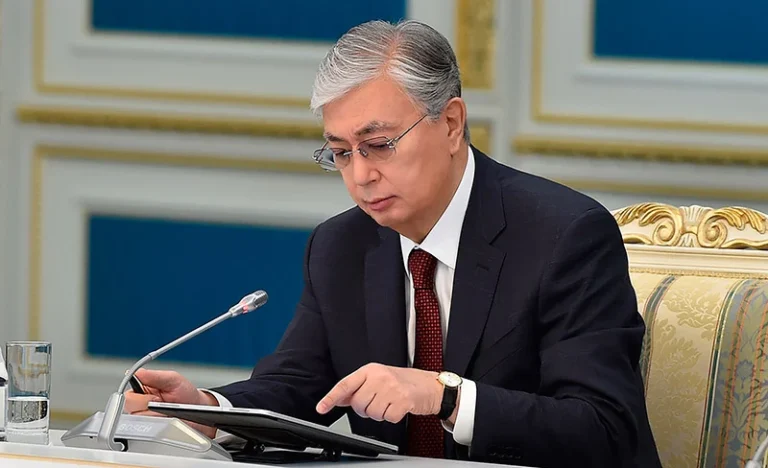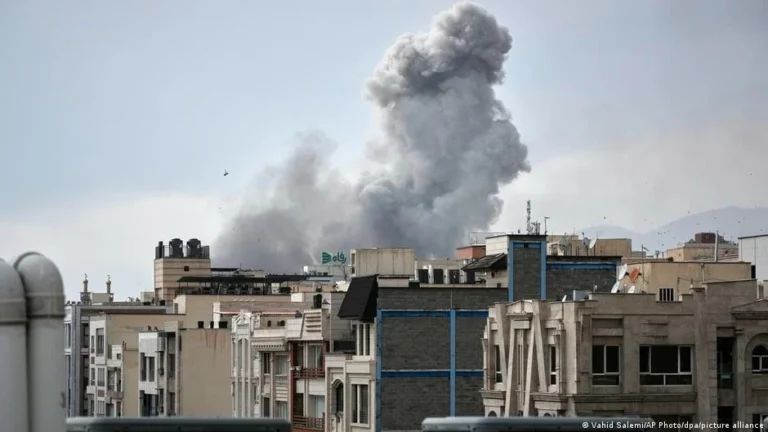Nothing can break a person out of their nostalgic reverie like gulags and forced disappearances

Walk around any Russian city, from Moscow and Saint Petersburg to Yekaterinburg and Kazan, and you will come across people wearing dark blue or red sweatshirts emblazoned with that unmistakable Soviet emblem – hammer, sickle, and star. You will also see plenty of traditional fur hats – often topped with a red star – even though recent winters have been the warmest on record.
Step into a gift shop, and you will find mugs featuring portraits of Lenin, Stalin, or other sources of Soviet pride, such as the cosmonaut Yuri Gagarin. Even the raspy-voiced singer-songwriter Vladimir Vysotsky, whose biting lyrics got him censored by Soviet authorities in the 1960s and 1970s, makes an appearance on this tour of Russian nostalgia. His inclusion could not be more fitting: promoting an idealized version of the past legitimizes a repressive present and future.
As a newspaper vendor in central Moscow recently told me, many Russians recall World War II as a moment when Russians showed great courage, view the immediate postwar period as a time of relative calm, and remember the 1970s as an era of stability. These “memories,” he concluded, fuel their longing for a strong “Soviet-type” leader.
The vendor was well aware that prevailing narratives are flawed. As he recalled, “I was a boy when my family moved from a communal apartment – 25 people packed into five rooms – to a separate flat.” This change – which was made possible by Nikita Khrushchev (my great-grandfather, though the vendor knew nothing of this connection when we spoke) – finally enabled his family to live as “independent people,” rather than “ants in a grand Stalinist Soviet collective.”

But it is uncommon in Russia today to praise Khrushchev, denouncer of Stalin – or Mikhail Gorbachev and Boris Yeltsin for that matter (too open, too eager to engage with the world). The vendor himself had adorned his kiosk with portraits of the dream team – Lenin, Stalin, Gagarin, Vysotsky – as well as Russia’s Soviet-style strongman, Vladimir Putin. When I asked why, he responded, “for the people.”
My interlocutor, a retired electrician, has a lot of time to watch movies in his newspaper booth. Dazzling me with his knowledge of international film, he offers a menu of definitions of nostalgia. In Paolo Sorrentino’s The Great Beauty, it is a consolation to those who do not believe in the future. In the American television show Mad Men – his favorite – it is the pain-fueled desire to return to one’s origins. Both interpretations can be applied to Russia today.
Recent Russian movies, by contrast, “puff nostalgia up like yeast,” the vendor continued. He was referring partly to a spate of remakes of fairy tales and Soviet classics like The Last Warrior, The Enchanted Tinderbox, andCheburashka (a Soviet version of Mickey Mouse), as well as new films based on Russian folk characters and historical heroes. Triumphant WWII films and television series are also proliferating, with recent titles includingMission: Sky, Moonshine, The Enchanted, and The Dugout.
This is by design: Putin has long viewed nostalgia as a powerful means of reassuring – and subduing – the public. In 2000, when he first became president, Russians had endured the collapse of an empire, a sharp decline in their country’s global standing, and aggressive “shock therapy” that gave rise to an unruly form of capitalism. Many people missed the simplicity of the past, when they knew where they stood and did not have to compete for their livelihoods, and longed to feel proud, secure, and respected again.
Recognizing this yearning, Putin revived the Soviet anthem, personally approved by Stalin in 1943, and restored the Red Army flag as the official banner of the military. He also appropriated Vystosky, who might have been a rebel but was also a patriot. The Kremlin’s sepia-toned portrayals of the Soviet years gradually seeped into people’s psyches.
Today, one finds famous artists singing Soviet songs on television programs; TV channels dedicated to playing Soviet films; and commercials touting Soviet heroism and rejecting Western influences. In one recent ad, an elderly man shows his grandson classic Soviet characters as replacements for the Avengers or Aquaman – franchises to which Russia lost access after its full-scale invasion of Ukraine in 2022. “We will watch them with Russian pancakes, not American popcorn,” the boy says, delighted.
Art exhibitions are now invariably connected to Soviet themes. Schools play the Russian anthem every Monday morning – a Stalinesque practice that was considered excessive when I was in school in the 1970s, but was revived in 2022 after the Ukraine war began. In the same year, Alexander Fadeev’s 1946 novel The Young Guard – a profoundly mediocre work about heroic young Soviets fighting in German-occupied Ukraine – was added to school curricula, and a new state-sponsored youth movement, Movement of the First, was created in the image of the Soviet-era Komsomol and Young Pioneers.
Nostalgia calms people in times of uncertainty, but it also keeps them docile. Russians should not complain if they have to tighten their belts, the logic goes; their forebears sacrificed far more without complaint, and look at the great feats of courage they performed, the great victories they achieved – all for the motherland. When an Olympic-medalist skier complained about poor living conditions during a recent competition in Kazan, the president of the Ski Federation issued a sharp rebuke: “Previous generations of athletes had it much worse.”
And herein lie both the danger of nostalgia and its allure to Putin: if Russians are gripped by a yearning for an imaginary past, they will not fight for a better future, and the Kremlin effectively has free rein to restore and entrench elements of the actual past that are anything but desirable. Nothing can break a person out of their nostalgic reverie like gulags and forced disappearances.
Copyright: Project Syndicate, 2025.





Все комментарии проходят предварительную модерацию редакцией и появляются не сразу.